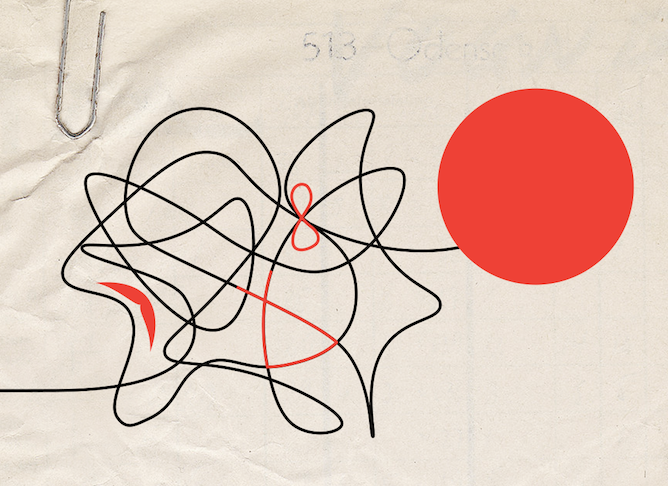2. TPatT - Titles
All Indigenous works that were first published in English before 1993 are included in this database.
Pages
-

- Powwow
- Introduction / Clyde Ellis and Luke Eric Lassiter -- 1. "The sound of the drum will revive them and make them happy" / Clyde Ellis -- 2. Some reflections on nearly forty years on the Northern Plains powwow circuit / Patricia C. Albers and Beatrice Medicine -- 3. Ho-Chunk "Indian powwows" of the early twentieth century / Grant Arndt -- 4. Local contexts of powwow ritual / Loretta Fowler -- 5. Putting things in order : the discourse of tradition / R. D. Theisz -- 6. The songs of our elders : performance and cultural survival in Omaha and Dane-zaa traditions / Robin Ridington, Dennis Hastings and Tommy Attachie -- 7. Powwow patter : Indian emcee discourse on power and identity / Daniel J. Gelo -- 8. Beauty is youth : the powwow "princess" / Kathleen Glenister Roberts -- 9.East meets West : on stomp dance and powwow worlds in Oklahoma / Jason Baird Jackson -- 10. The Monacan nation powwow : symbol of indigenous survival and resistance in the Tobacco Row Mountains / Samuel R. Cook, John L. Johns and Karenne Wood -- 11. Two-spirit powwows and the search for social acceptance in Indian country / Brian Joseph Gilley -- 12. Powwow overseas : the German experience / Renae Watchman -- 13. Dancing with Indians and wolves : new agers tripping through powwows / Lisa Aldred -- 14. Purposes of North Carolina powwows / Chris Goertzen
-

- Princess Pocahontas and the blue spots: two plays
- Princess Pocahontas and the blue spots -- Birdwoman and the suffragettes
-

- Prison of Grass
- Contents:Preface One: The Indian civilization 1. The basis of racism 2. The communal Indian society 3. Fur traders trespass 4. Colonization and missionaries 5. Ossification of Native society Two: Halfbreed resistance to imperialism 6. The Halfbreed Nation and the Civil War 7. Subjugation of the Indians and Métis 8. Causes of the 1885 struggle 9. Ottawa invades the Northwest Three: The Native plight in White-supremacy Canada 11. The underdevelopment of Native communities 12. Schooling the redman 13. The White ideal and the colonized personality Four: Towards liberation 14. The failure of Native leadership 15. Decolonization and nationalism 16. The struggle for liberation Appendix: Casualties of Indians and Métis in 1885 battles., Originally published in 1975, this important book is now back in print in a revised and updated edition. Since its first publication it has become a classic of revisionist history. Bringing a Native viewpoint to the settlement of the West, Howard Adam's book shook its readers. What Native people had to say for themselves was quite different from the convenient picture of history that even the most sympathetic books by white authors had presented. Until Adams's book, the cultural, historical, and psychological aspects of colonialism for Native people had not been explored in depth. In Prison of Grass Adams objects to the popular historical notion that Natives were warring savages, without government, seeking to be civilized. He contrasts the official history found in the federal government's documents with the unpublished history of the Indian and Métis people. In this new edition Howard Adams brings the latest statistics to bear on his arguments and provides a new Preface., While classified as First Nations History in many Library systems this book is actually about Métis history.
-

- Prison writings: my life is my sundance
- Introduction / Arvol Looking Horse -- A Prayer -- Preface / Ramsey Clark -- pt. i. In My Own Voice -- pt. ii. Who I Am -- pt. iii. Growing Up Indian -- pt. iv. Becoming Political -- pt. v. That Day at Oglala: June 26, 1975 -- pt. vi. A Life in Hell -- pt. vii. A Message to Humanity

